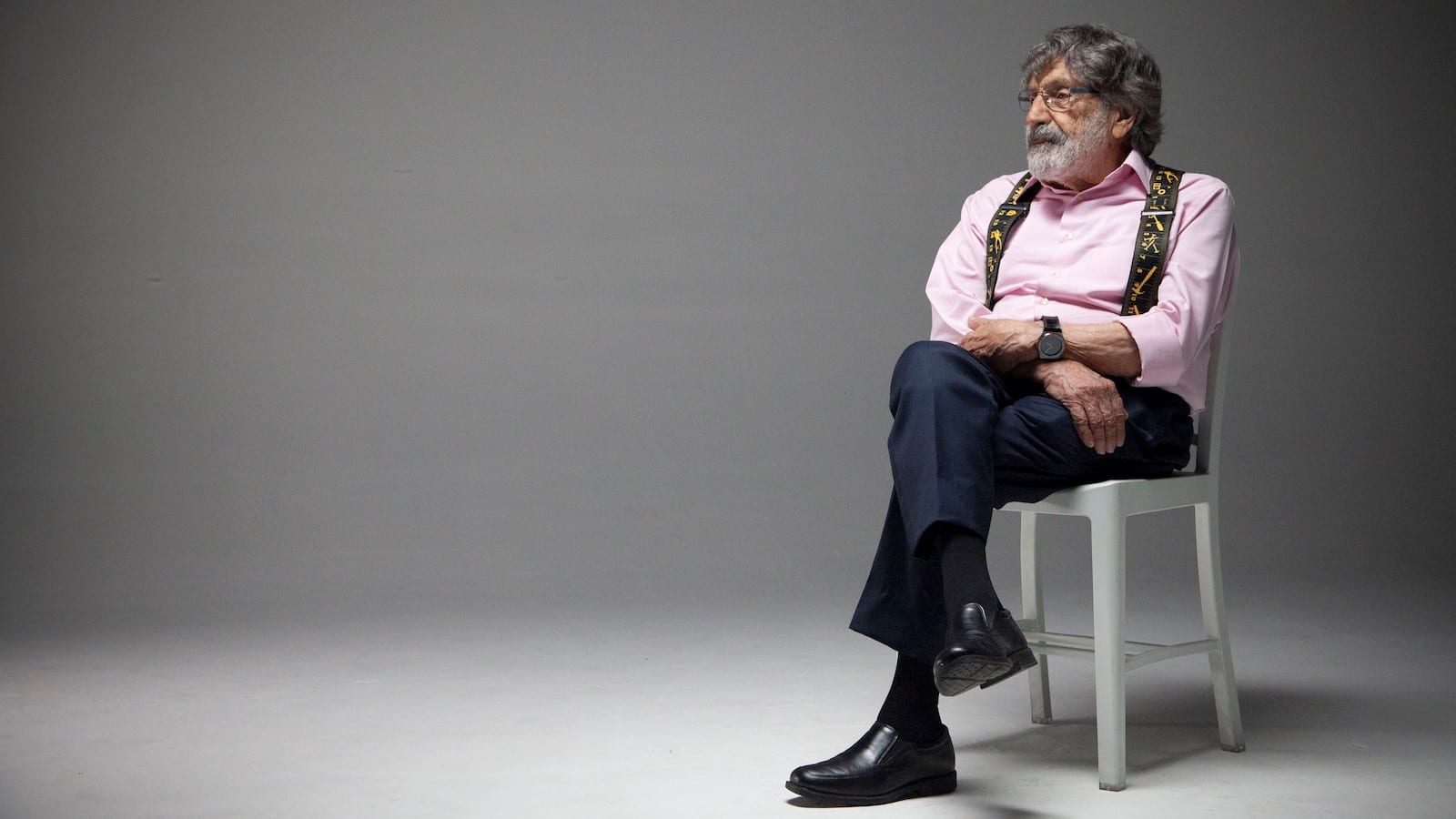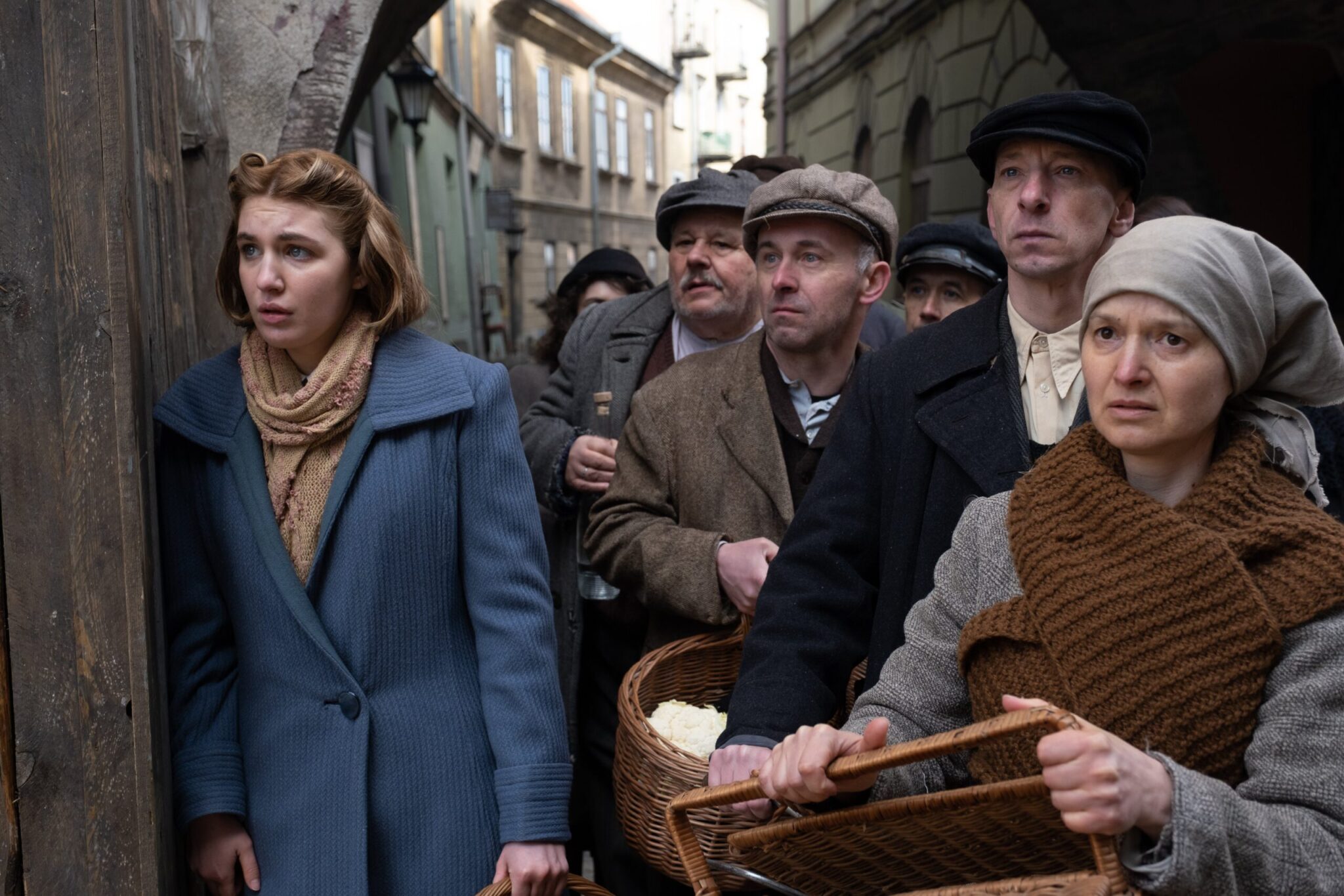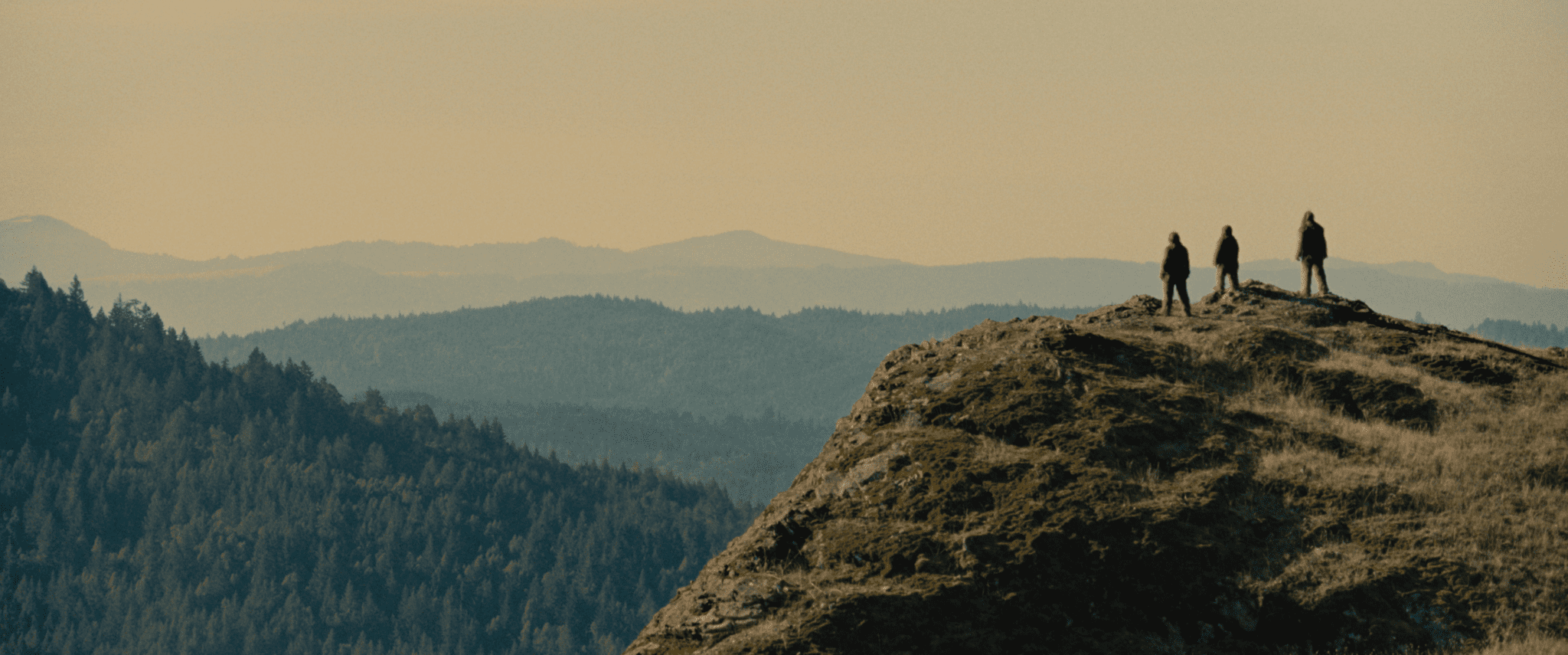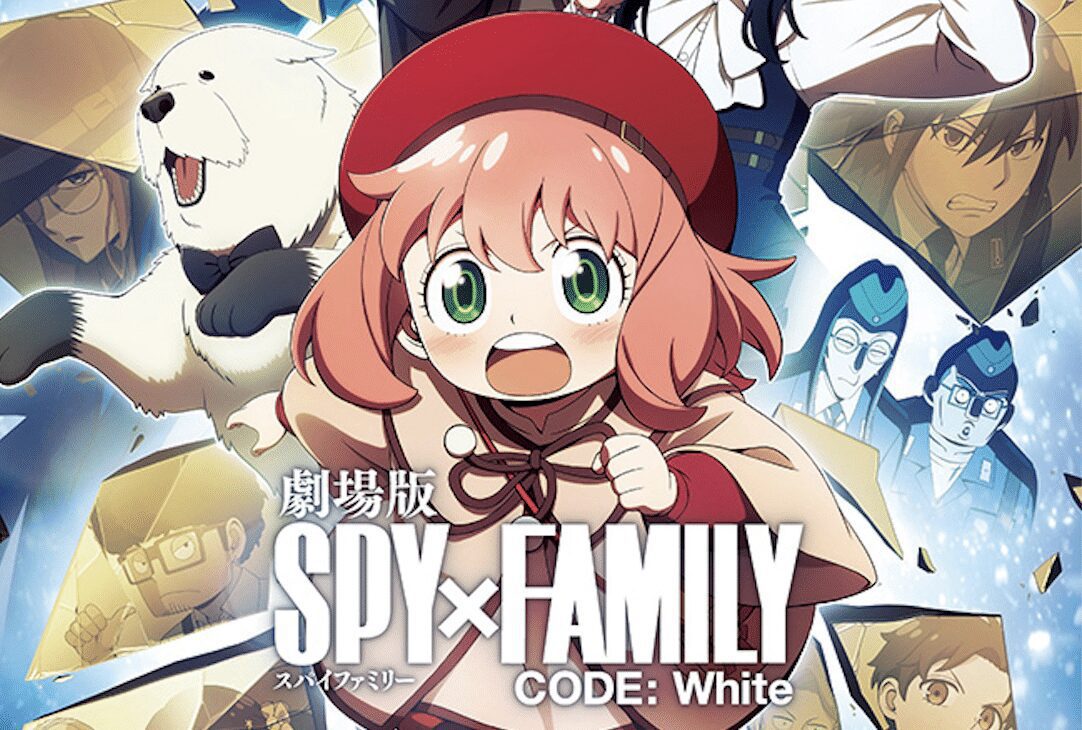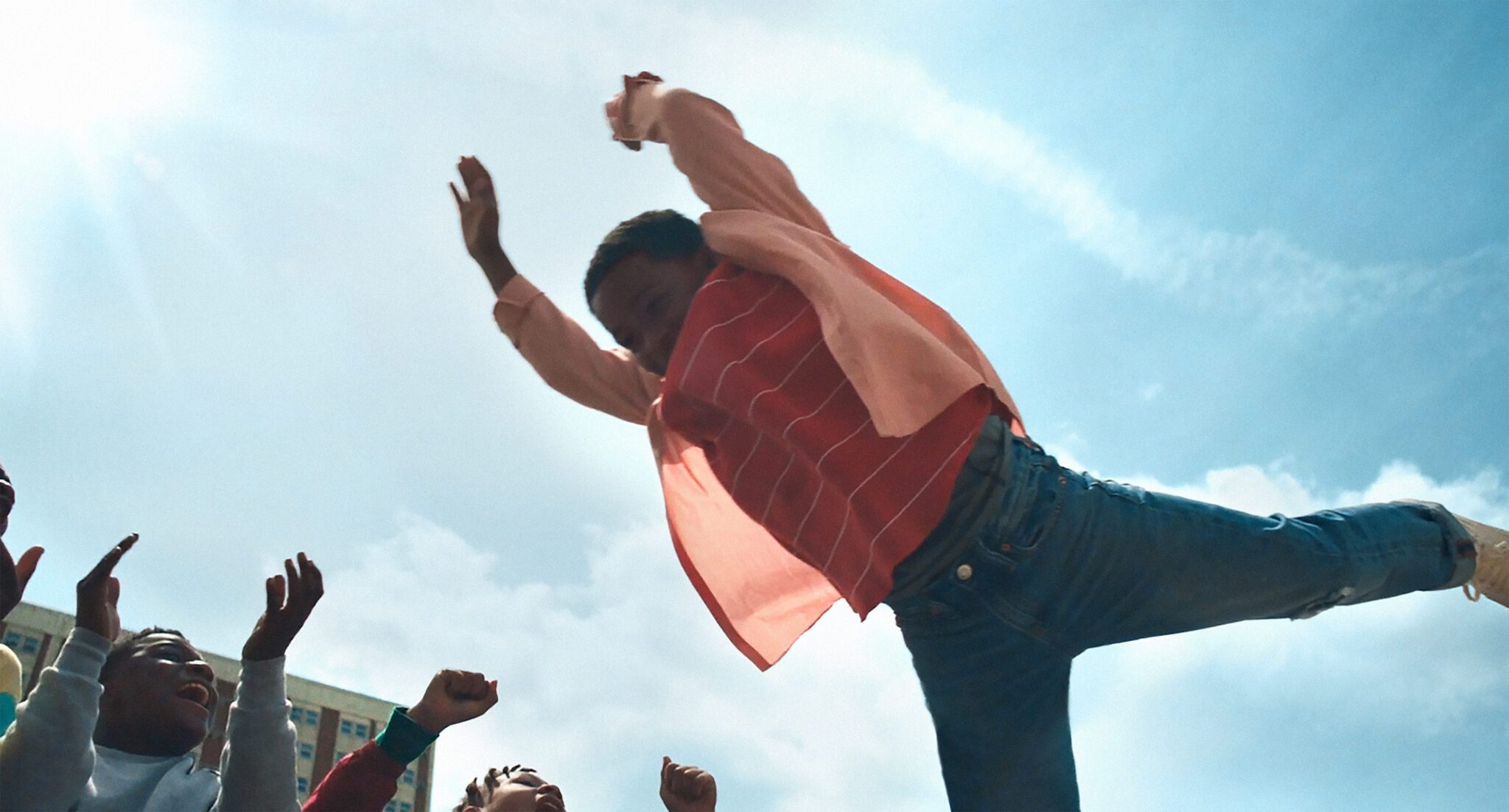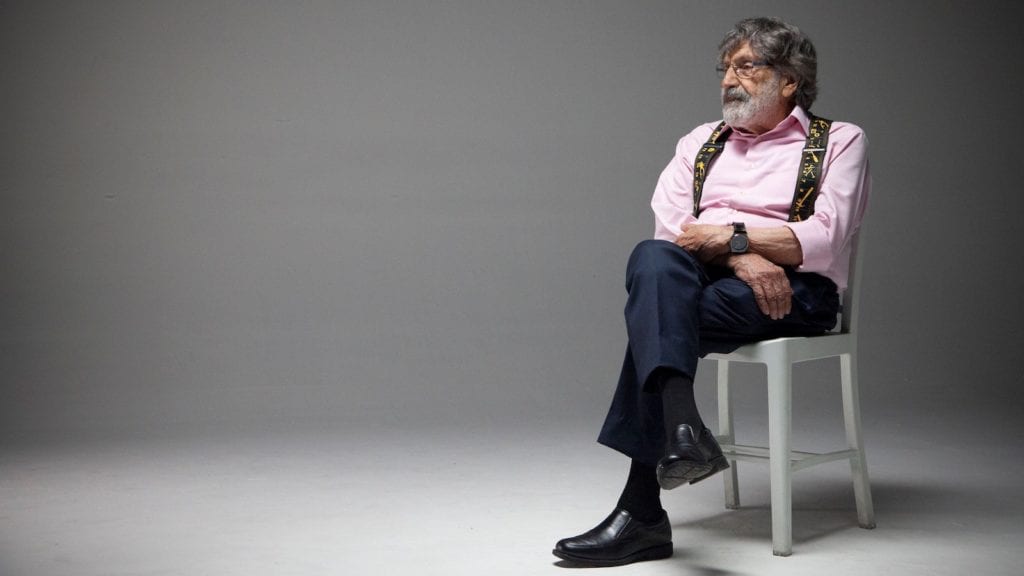
Free Color documents the late years of 94-year-old Master of Color, Carlos Cruz-Diez. Working as a Kinetic and Optical Artist, Cruz-Diez seeks to shatter the limits of technology in order to achieve his life-long dream of color-without-form. By recruiting a team of innovators from across disciplines to help bring his dream into reality, Cruz-Diez is relentless in his pursuit. However, as he reaches the limits of science, his dream highlights the tension between form and function as he hopes that technology can evolve quickly enough to see his ideas actualized.
Directed by Alberto Arvelo (Venezuela), Free Color is a visually stunning documentary that features some of the more vivid and memorable pieces of modern art in recent memory. Despite his advanced age, the passion of Cruz-Diez often bleeds off the screen as he attempts to push the boundaries of form and function. By following Cruz-Diez on his journey to create his greatest work?color without form?the film becomes a fascinating study of an artist who walks the line between passion and, at times, obsession. Through the eyes of Cruz-Diez, what matters most is to release color from the confines of traditional artistic expressions and ideas. To him, color is not only a visual treat for the senses, but also a common aspect of the human experience. For example, Cruz-Diez believes that the ultimate expression of color would be to free it from all form, something that seems utterly impossible. (I mean, what is ?green? apart from grass or vegetation? Or ?blue? without the oceans?)
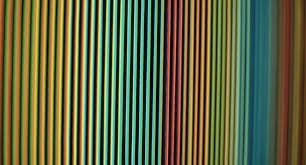
However, the film is also much more than the story of an artist but also an exploration about what brings us together as a global culture. Viewing it as its own ?other?, Cruz-Diez believes that the meaning of color lies outside both form and the human brain. In this way, he views all color as the true common denominator amongst the human race in a way that unites us, even if our understandings and views differ. What?s more, the film even argues that those who are color blind are not excluded from this idea for the simple reason that black and white are also considered colors and tell their own stories. As such, color becomes something which all people experience and, as a result, binds them together. While tastes and understandings of color differ, Cruz-Diez would argue that what matters is that they are all participating in the conversation together. (Interestingly, this idea is also modeled practically within his home as his entire family participates in his artistic endeavours. Working co-operatively with his children and grand-children, Cruz-Diez and his family work daily to push the boundaries of color and its relationship to culture.)
As a result, there is a holistic?and almost divine?aspect to Cruz-Diez? ideology that moves far beyond art itself. In his mind, color is far from a mere form of pleasure or emotional expression but, rather, a philosophical (and pseudo-spiritual) understanding. Speaking with passion and strength, Carlos Cruz-Diez is far more convincing in his ideas than I?d initially expected. For this reason, Free Color also becomes more than a visually stunning piece by also challenging our assumptions about our human experience as well.
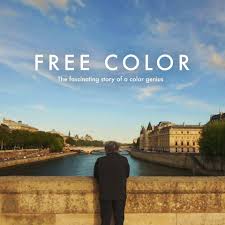
Free Color?is currently playing at the Palm Springs Film Festival. Click here for showtimes.

